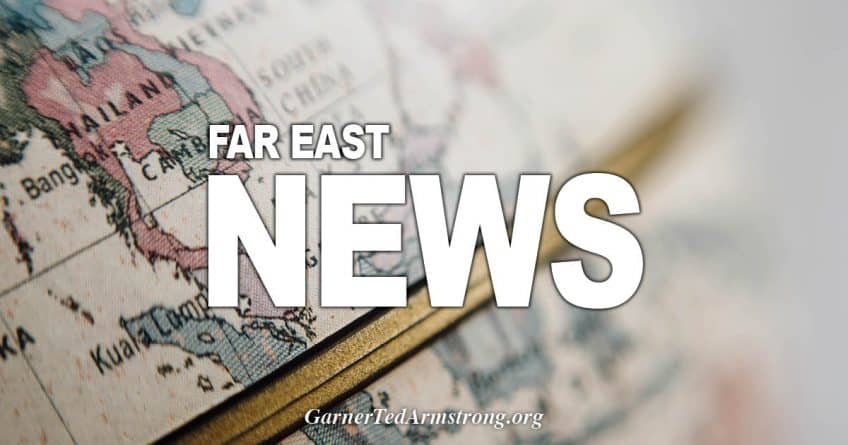
Foreign Minister Taro Kono will tell International Atomic Energy Agency (IAEA) chief Yukiya Amano at a planned July 4 meeting in Vienna that Japan is ready to allow the use of a 350 million yen nonproliferation fund Tokyo has contributed to the nuclear watchdog for inspections related to the denuclearization of North Korea, the Mainichi Shimbun has learned.
Foreign Minister Kono also intends to convey Japan’s readiness to provide experts such as engineers for the denuclearization process. U.S. President Donald Trump and North Korean leader Kim Jong Un agreed on the denuclearization of the Korean Peninsula in their summit in Singapore on June 12.
Through these offers, Tokyo intends to emphasize its intention to play an important role in a complete, verifiable and irreversible denuclearization of the North, which some experts say has up to 80 warheads.
The IAEA, headquartered in Vienna, monitors and inspects nuclear facilities of non-nuclear weapons states around the world to curb the proliferation of nuclear technology and materials that can be used for the production of atomic bombs.
Kono’s scheduled move comes on the heels of the announcement by Prime Minister Shinzo Abe that Japan would provide the IAEA with financial support for inspecting North Korean nuclear facilities. The 350 million yen will be for the initial phase of inspections.
Japan has nuclear experts with know-how regarding the decommissioning of the Tokyo Electric Power Co.’s Fukushima No. 1 nuclear plant, which suffered a triple-meltdown in 2011 and released a large amount of radioactive materials into the surrounding environment. The Japanese government has judged that this knowledge and experience can be utilized in surveying radioactive contamination in North Korea.
“Japan has accumulated expert knowledge in this area. We are going to commit North Korea’s denuclearization through both material support and encouragement,” Abe stated.
U.S. Secretary of State Mike Pompeo is scheduled to visit North Korea on July 6 to begin discussions on how to proceed with denuclearization. If the two sides reach an agreement, North Korea will declare its nuclear weapons and relevant facilities to the IAEA, which will then dispatch inspectors to check nuclear plants for plutonium production and uranium enrichment facilities. Both plutonium and uranium are fissile materials used in the cores of atomic bombs. The inspectors will install monitoring cameras to check whether nuclear materials are taken in or out of certain locations.
This process, however, can be very murky. No one other than North Koreans knows the complete picture of the reclusive country’s nuclear program, and the cost and duration of necessary inspections are as yet unknown. The Japanese government is considering asking other countries including North Korean neighbors such as South Korea, China and Russia to share the financial burden.
The IAEA is expected to work together with the United States in dismantling North Korean nuclear weapons. Under the Nuclear Nonproliferation Treaty (NPT), only five nuclear-armed powers — the U.S., Russia, China, Britain and France — are allowed to carry out this task.
(Japanese original by Yusuke Tanabe and Muneyoshi Mitsuda, Political News Department)
Source: https://mainichi.jp/english/articles/20180701/p2a/00m/0na/007000c
[Disclaimer]








